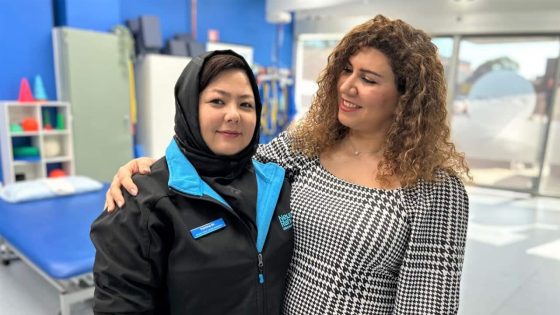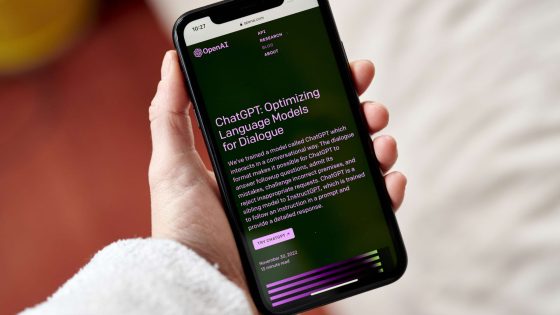Despite holding a diploma in physiotherapy and with five years’ clinical experience, Fahima was prevented from practising physiotherapy under the Taliban’s strict rules.
Fahima Mohammadi (left) with client Mary Callej. Source: SBS / Scott Cardwell
The ban was a devastating blow for the 37-year-old, who is passionate about her work.
“If I help a client overcome limitation and they recover, many come back to me and say, ‘Thank you, now we can do our jobs’. And that is very exciting for me,” she says.
“That day, I was at work and when I heard that the Taliban returned, I felt it was the end of my career and all my efforts,” she says.

Fahima Mohammadi living in Afghanistan. Source: Supplied / Fahima Mohammadi
“I went back home and after that, I sat at home for four months because we didn’t even have permission to go out. So, it was a very bad situation for me.”
Around half of those are trained and of working age, according to Louna Ghawi, TBB co-director for Australia and New Zealand.

Louna Ghawi, Talent Beyond Boundaries’ co-director for Australia and New Zealand. Source: SBS / Scott Cardwell
“Many refugees are highly skilled people but they happen to be in very difficult circumstances or stuck in a host country where they have no legal rights to work or to live with dignity,” Ghawi says.
“Now, any refugee around the world can access this database and upload their CVs, put some information about their experience,” she says.

Fahima Mohammadi in Afghanistan. Source: Supplied / Fahima Mohammadi
Since it started in 2021, the TBB pilot project has assisted more than 500 applicants and their families to enter Australia — and the project is growing globally.
“Our aim is to build programs in 27 countries by 2027, to enable more refugees to access skilled migration.”
“And I really feel that’s what we’ve really provided Fahima … what she could do in Afghanistan after the Taliban returned was really restricted.

Steve Woollard (left), Fahima Mohammadi (centre) and TBB’s Louna Ghawi. Source: SBS / Scott Cardwell
“So, by bringing her here, we hope to open up a lot of new possibilities. And our whole team feels the same, we’re very proud to support Fahima in this way.”
“We hope to find a lot more people like Steve because this is how we scale up. We need the private sector to come together and learn from Steve’s experience.”

Fahima Mohammadi holding a passport in Afghanistan. Source: Supplied / Fahima Mohammadi
Even so, the process of getting Fahima out of Afghanistan was not easy.
“As a young woman, I did not have permission to travel alone, and I was so afraid that the Taliban would cancel my visa. It was very challenging for me, and I was nervous,” she says.
But even now, Woollard says her trials are far from over.

Fahima behind the wheel in Afghanistan. Source: Supplied / Fahima Mohammadi
“The Taliban did not let her renew her driver’s licence. As a lot of our work is out in the community, for now Fahima is only able to see clients in the clinic,” he says.
She is proud to be working in her profession once more while acknowledging that there are new challenges ahead.

Fahima Mohammadi is proud to be working in Australia. Source: SBS / Scott Cardwell
“I have a lot of plans, a lot of dreams for my future. In Australia we have freedom and good opportunities in every aspect of our lives,” she says.
“I hope one day I can bring my family here because we are very close to each other and it’s very hard for me to live alone.”
Source Agencies



